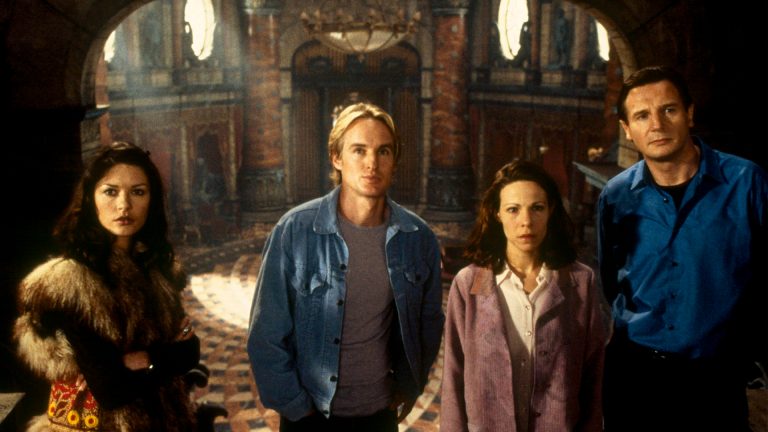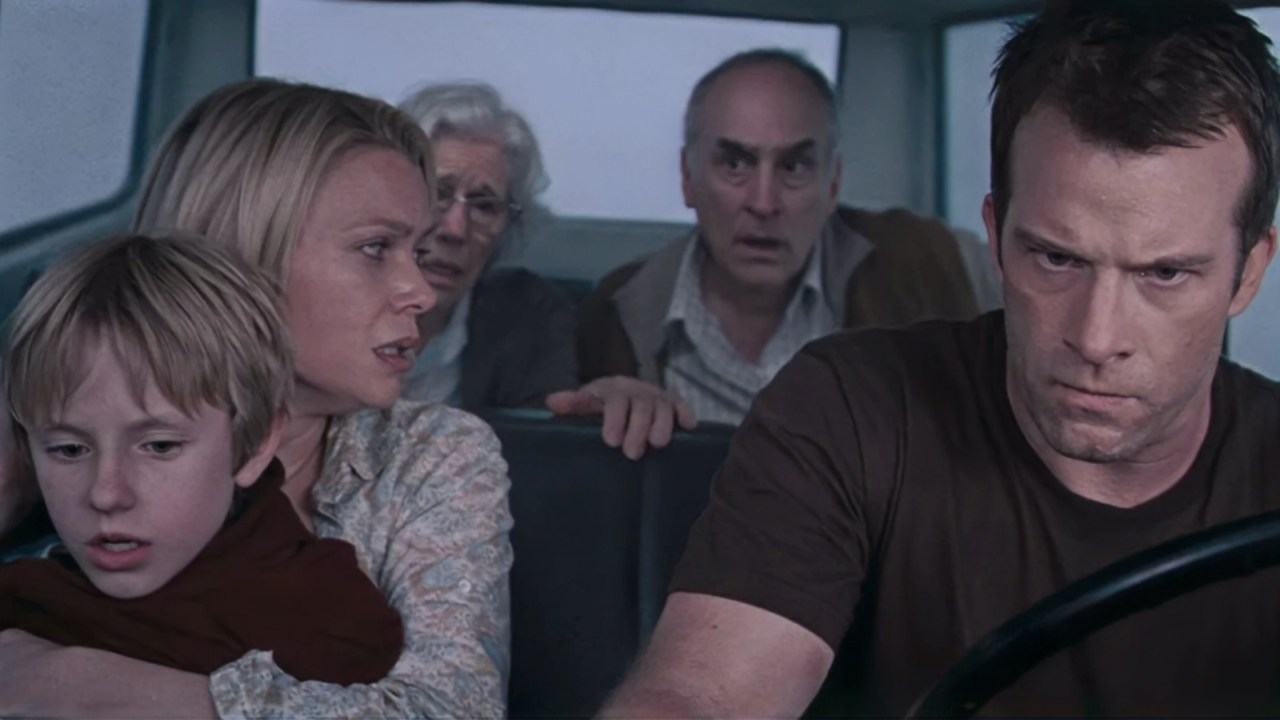
The 5 Most Overrated Movie Endings That Everyone Pretends To Love
We’ve all been there: sitting through a shocking ending that everyone calls genius, but secretly, you think it’s a mess.
There’s something weird about how we talk about movie endings. A film can stumble through two hours of mediocrity, but slap on a “shocking” conclusion and suddenly everyone’s calling it brilliant. Critics start using words like “audacious” and “subversive” when what they really mean is “I didn’t see that coming, so it must be good.” These five films have managed to convince entire swaths of moviegoers that their deeply flawed final acts are actually masterstrokes of cinema, when in reality they’re textbook examples of how not to stick the landing. The emperor has no clothes, and it’s time someone pointed it out.
I Am Legend (2007)
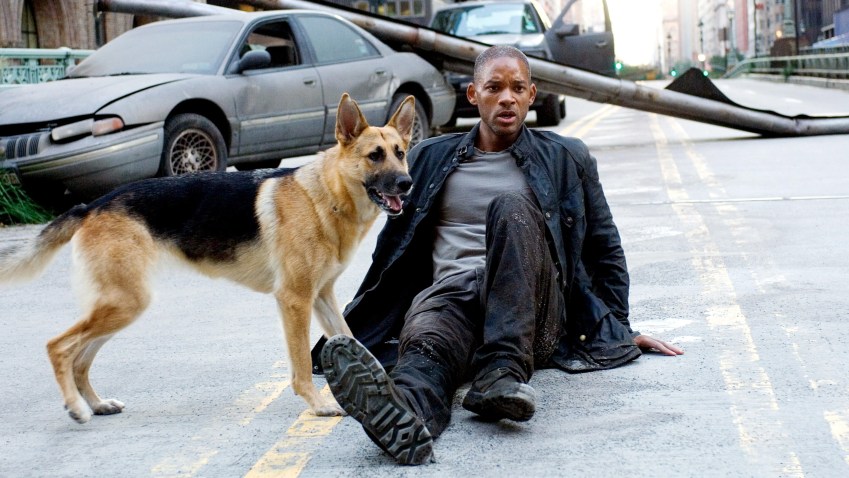
The theatrical ending of I Am Legend stands as perhaps the most defensible disaster in modern blockbuster history, mainly because the studio accidentally provided the evidence for its own prosecution. When the DVD was released with an alternate ending that completely reframes the story’s meaning, it became impossible to ignore how badly the theatrical version missed the point. Will Smith’s sacrificial explosion might have provided audiences with a crowd-pleasing hero moment, but it gutted everything the source material was trying to say about perspective, humanity, and who the real monster might be.
The alternate ending reveals that the infected aren’t mindless zombies but a functioning society trying to rescue one of their own from Smith’s character — a revelation that transforms him from hero to unwitting villain. This isn’t some fan theory or director’s cut indulgence; it’s a completely different movie that makes thematic sense. Yet somehow the theatrical ending, which turns a complex moral story into a generic sacrifice play, gets defended as “emotional” and “satisfying.” It’s satisfying the same way a Happy Meal is satisfying — it fills the immediate need while leaving you nutritionally bankrupt.
Signs (2002)
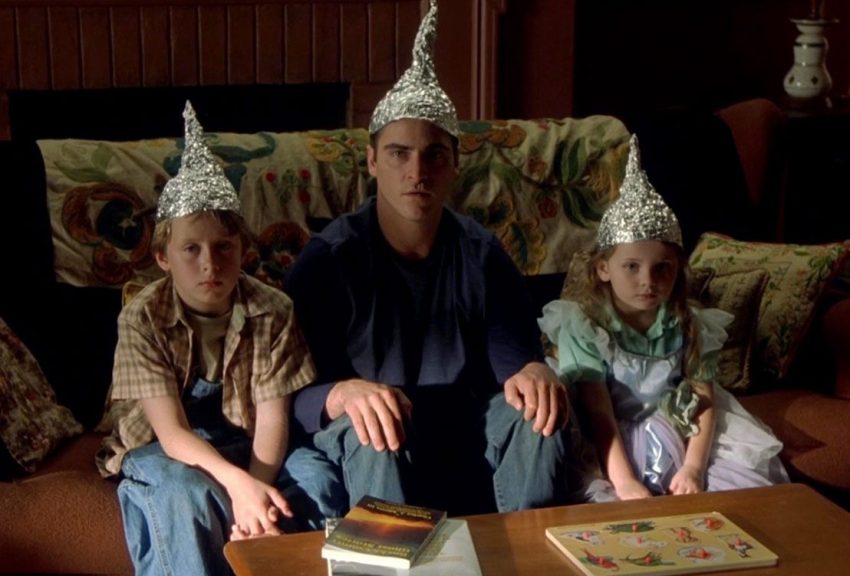
M. Night Shyamalan’s Signs asks its audience to believe that an alien species capable of interstellar travel would choose to invade a planet that’s 71% covered in a substance that kills them on contact. The film tries to dress up this fundamental logical absurdity as divine providence and meaningful coincidence, but there’s no amount of religious allegory that can paper over such a glaring plot hole. It’s like watching vampires decide to colonize a garlic farm.
The water weakness isn’t just scientifically ridiculous — it retroactively makes every scene in the film less effective. Why would these aliens walk around naked on a humid planet? How did they not realize Earth’s atmospheric conditions before traveling light-years to get here? The ending wants to be profound, suggesting that everything happens for a reason, but instead it reveals that the reason is lazy screenwriting. Defenders of this conclusion have spawned increasingly desperate theories (maybe they’re demons! maybe it’s holy water!) that only highlight how much heavy lifting audiences are willing to do for a filmmaker who couldn’t be bothered to logic-check his own script.
The Mist (2007)
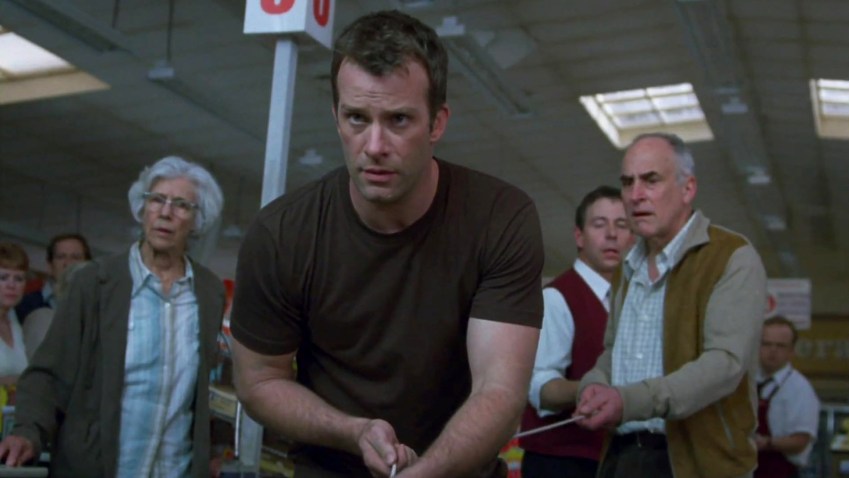
Frank Darabont’s ending for The Mist commits the cardinal sin of mistaking cruelty for profundity. The film diverges sharply from Stephen King’s more ambiguous novella to deliver a conclusion so relentlessly bleak it feels engineered in a lab to generate film student essays about “brave storytelling choices.” Yes, it’s shocking when David shoots his son and friends only to discover rescue was minutes away, but shock value isn’t the same as meaningful tragedy.
King’s praise of the ending gave it an aura of artistic legitimacy it didn’t necessarily deserve. The novella’s conclusion — uncertain but not hopeless — actually trusts audiences to sit with ambiguity rather than clubbing them over the head with irony. Darabont’s version feels like a screenwriter showing off, proving he’s willing to go darker than his source material without considering whether that darkness serves any purpose beyond making viewers feel bad. The ending works as a gotcha moment, but fails as a satisfying conclusion to the characters we’ve spent two hours with.
Remember Me (2010)

Remember Me takes bad endings to a whole different level. This movie uses 9/11 as a plot twist, turning one of the worst days in American history into a cheap way to make you cry. The film spends its runtime as a generic romantic drama before revealing that Tyler’s father works in the World Trade Center and that the story has been building toward September 11th. This isn’t a twist — it’s emotional manipulation.
The ending doesn’t emerge organically from the story being told; instead, it hijacks a real-world tragedy to give weight to what was otherwise a forgettable romance. Imagine if The Notebook suddenly revealed it was set on the Titanic. That’s basically what happens here, except instead of a fictional disaster, they’re using real people’s deaths as their gotcha moment. Some people claim the movie “honors the victims” or gives us a fresh take on that terrible day. But honestly? There’s nothing fresh about ambushing your audience with tragedy they didn’t sign up for, especially when your movie up to that point was just another forgettable love story. It feels like tragedy tourism disguised as meaningful filmmaking.
War of the Worlds (2005)
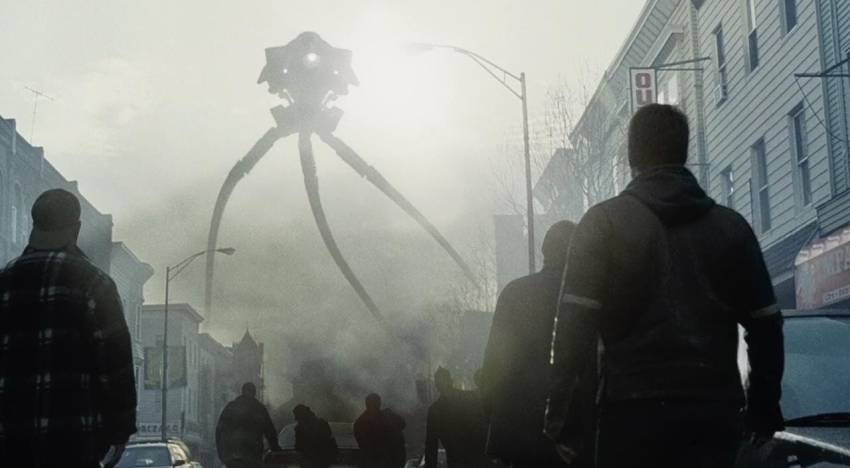
Steven Spielberg’s War of the Worlds builds two hours of genuine tension and terror before completely deflating with an ending that makes the aliens look like the least competent invaders in science fiction history. After demonstrating advanced technology and devastating military superiority, these extraterrestrials are defeated by something they apparently never considered: germs. It’s a resolution so anticlimactic it makes you wonder why they bothered with the invasion in the first place.
The microbial ending isn’t just borrowed from H.G. Wells’ original novel — it’s borrowed badly, without any of the setup or thematic framework that made it work in 1898. Wells was writing about imperial hubris and the fragility of dominance; Spielberg is just looking for a way to wrap things up without having to show humanity actually fighting back. The film’s first two acts are masterfully crafted horror, but the conclusion feels like everyone involved just gave up. Tom Cruise’s family reunion feels unearned, the alien defeat feels unearned, and audiences are left wondering why they invested so much emotional energy in a story that couldn’t stick its own landing.



